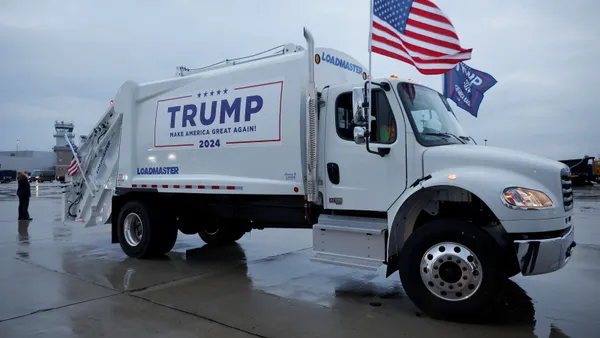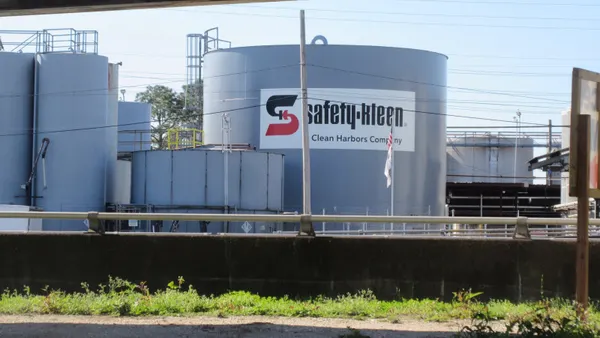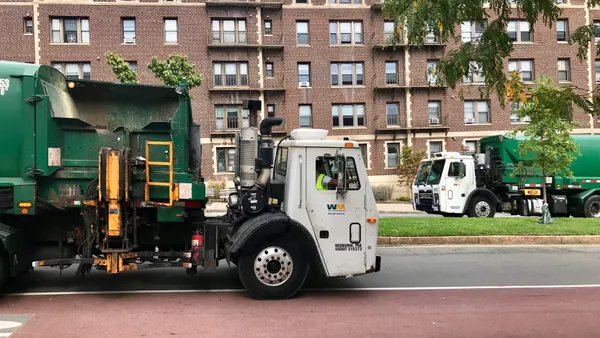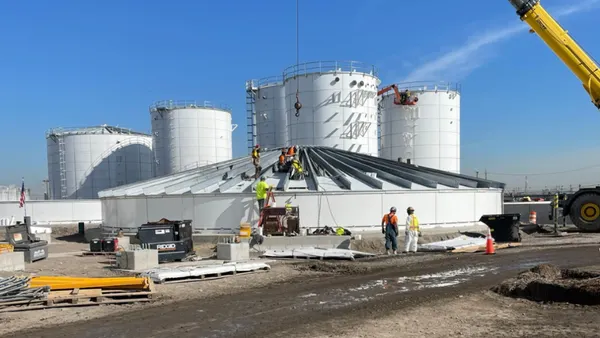Dive Brief:
- Eighteen members of Congress sent a letter to Environmental Protection Agency (EPA) Administrator Scott Pruitt late last week, urging him to "change course on the 2018 [Renewable Volume Obligation] and increase the volumes for cellulosic ethanol and biodiesel."
- The representatives said reducing required volumes for biofuel and biodiesel would have negative economic and environmental effects. In addition to reducing air pollution, they said, increasing biofuel and biodiesel use would save consumers money at the gas pump. "This is critical for our constituents whom often spend a larger portion of their annual income on fuel costs," they wrote.
- When asked if Pruitt was considering raising required volumes under the 2018 Renewable Fuel Standard (RFS), an EPA spokesperson said the agency would respond to the Congressional letter "through the proper channels."
Dive Insight:
The EPA is expected to announce final decisions for the 2018 RFS by the end of November. Previously, Pruitt has said he wouldn't lower proposed volumes any further, though the biogas industry isn't happy with current volumes.
President Donald Trump has expressed his support for the RFS, and Republican lawmakers, including Iowa Sen. Jodi Ernst, Iowa Sen. Chuck Grassley and Missouri Gov. Eric Greitens have been putting pressure on the EPA to protect the RFS. The senators have threatened to block nominees from key posts in the EPA because those nominees have not defended the RFS in the past. This letter to Pruitt, signed by 18 Democrats, is the first major push on Pruitt from the other side of the aisle.
While it's easy to imagine that the RFS applies just to ethanol producers and corn farmers, it affects the waste industry as well. Landfill gas-to-energy and anaerobic digestion projects are eligible for credit under the RFS.
A bill introduced in late October, which would extend more tax credits to landfill gas, anaerobic digesters and other waste-to-energy projects gained a cosponsor early in November. As Washington turns its focus to passing a tax reform bill, however, it is seen as less likely that a separate tax credit bill will get much attention. It is possible, however, that tax credits for waste-to-energy projects could wind up in a later version of a more comprehensive tax bill.












